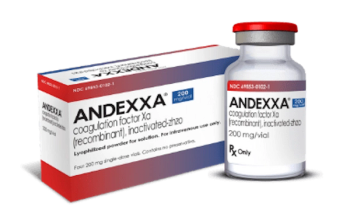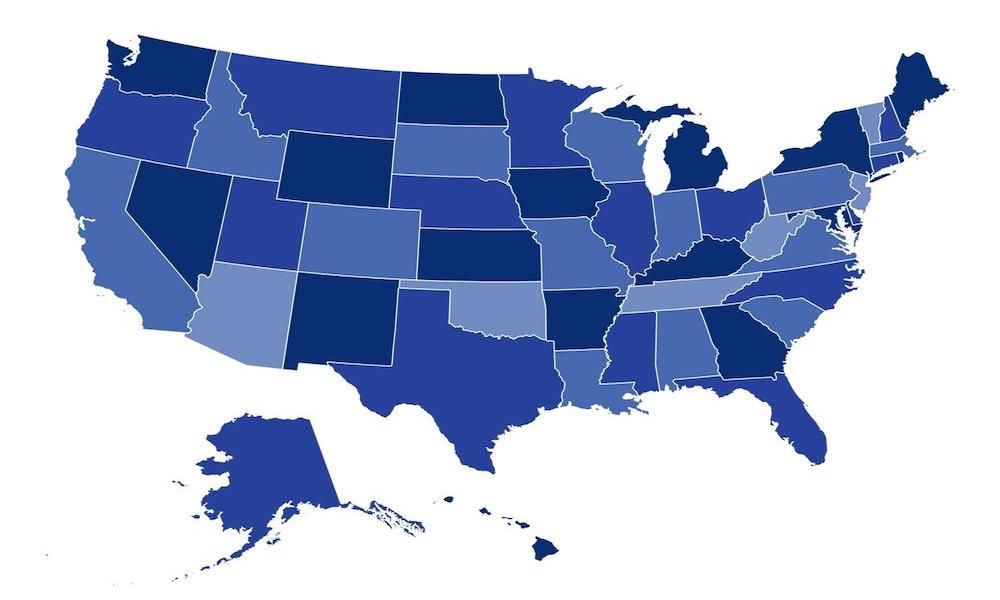
Health Care Delivery
Latest News

A newly published national report reveals a lack of financing, a shrinking workforce, gaps in care access, and nearly no federal funding for research within the US primary care space.
Latest Videos

CME Content
More News

Researchers found that the anticoagulant effects of apixaban, betrixaban, edoxaban, and rivaroxaban were partially neutralized at an andexanet alfa dose of 50 mcg/mL and were completely neutralized at 100 mcg/mL.

On this episode of Managed Care Cast, we speak with Simon F. Haeder, PhD, MPA, professor of public health at the Texas A&M University School of Public Health. He and his co-investigators looked at the accuracy of directories of psychiatrists and nonphysician mental health providers for all plans regulated by the California Department of Managed Health Care in 2018 and 2019.

Joneigh Khaldun, MD, MPH, FACEP, vice president and chief health equity officer for CVS Health, speaks on the goals of the Community Equity Alliance in improving health care disparities, particularly for cardiovascular health and mental health outcomes, within underserved communities.

Senators concerned over health care worker shortages; Medicaid beneficiaries left unaware of renewal deadline; Ohio to open health clinic after toxic train derailment.

The authors identified 2 subgroups with non–small cell lung cancer (NSCLC) who had different responses to common cancer therapies.

An increased risk of hospitalization for more than 6 days due to community-acquired infections was associated with male sex and admittance to the Pulmonology or Surgery department, with risk shown to differ according to pathogen.

This review and meta-analysis included 34 studies covering 1762 patients, and investigated the efficacy of 4 varieties of dietary treatment for eosinophilic esophagitis (EoE).

The data showed that most doses of nusinersen were received on time while also underscoring the importance of being meticulous with the methodological approaches used with real-world databases for evaluating treatment patterns.

High patient experience scores were associated with the collection and use of any clinician performance information, especially with whether the practice shared this information internally to compare.

Social Security and Medicare spending could double by 2023; FDA panel experts want naloxone to be available over the counter after the drug information is revised; Moderna announced its COVID-19 vaccines will stay free, and the Biden administration might keep tests and treatments free for the uninsured.

Paul G. Alexander, MD, MPH, executive vice president and chief health equity and transformation officer, RWJBarnabas Health, speaks on strategies his organization implemented during the COVID-19 pandemic to address continuity of care and communication challenges in underserved communities and further efforts to improve health equity.

Some communities will use COVID relief money to pay medical debt; residents living near train car derailment site in Ohio are worried about toxic chemical health effects; following medical guidelines point by point would create impossibly long workdays for providers, studies are pointing out.

On this episode of Managed Care Cast, we speak with Inland Empire Health Plan, a managed care plan serving more than 1.4 million residents on Medi-Cal in California, about a new maternal mental health program aimed at supporting new mothers, both before they give birth and afterward.

Targeting everyday chronic conditions to rare diseases that require costly, sometimes 1-time treatments, CMS Tuesday announced an intent to test 3 new models in an effort to lower drug prices and widen access to expensive, life-changing therapies for patients in Medicare and Medicaid.

Amy Crawford-Faucher, MD, vice chair of the Primary Care Institute and Department of Family Medicine at Allegheny Health Network, discussed recent reports from the World Health Organization about COVID-19.

HHS wants to require nursing homes to disclose more ownership and management information; privacy advocates warn that mental health data can legally be sold from certain platforms not covered by the Health Insurance Portability and Accountability Act; the FDA won’t review Soligenix’s cancer drug proposal because of an insufficient application.

The US Preventive Services Task Force (USPSTF) reaffirmed previous recommendations against routine serologic screening for genital herpes infection among asymptomatic adolescents and adults, including pregnant individuals.

A planned transition to dialysis was associated with improved outcomes and lower mortality. These findings may inform care coordination policies for end-stage renal disease.

Implications of these findings include a more clear understanding of the burden imposed by heart failure (HF), which encompasses the cost of care and adverse health outcomes.

A new study found that protection from the Omicron variant waned 6 months after the second dose of a COVID-19 vaccine in older patients.

Congress has no solution for out-of-network ambulance rides; teenagers going to an emergency department in a mental health crisis don't receive necessary follow-up care; Medicaid explores nutritional benefits of food as medicine spending in some states.

Overall survival and recurrence-free survival showed substantial improvement when physicians more closely followed quality recommendations for non–small cell lung cancer (NSCLC).

Individuals exposed to antidepressant drugs for longer than 365 days had an increased risk of epilepsy, particularly those given escitalopram, venlafaxine, and mirtazapine, according to a recent study conducted in Taiwan.

An analysis of 112 infant deaths found that the contribution of genetic diseases to mortality was higher than previously known, and that treatments are available for 30% of the genetic diseases uncovered by the study.

The patient, an 83-year-old man, experienced onset of myasthenia gravis after a severe SARS-CoV-2 infection.

















